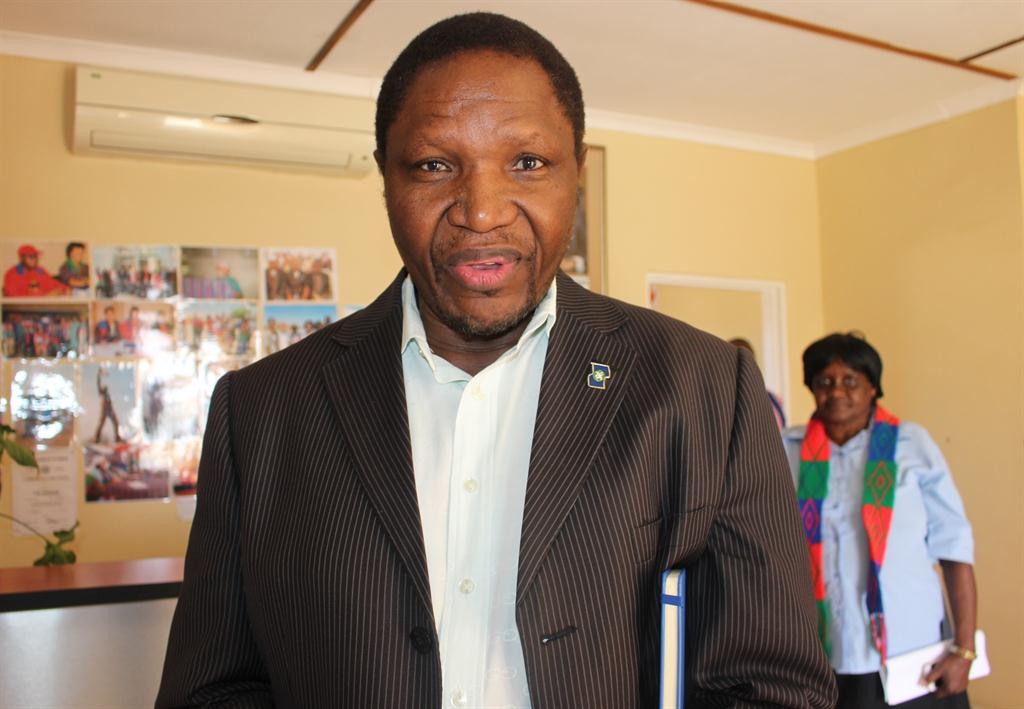OUR world is in dire need of justice. Efforts need to come to terms with the difficulties finding measured and justified responses to injustice exceeding the tolerable limits (what ever tolerable limits in the case of injustices and violence might mean).
Far too long dictatorial regimes, autocratic rulers and ruthless warlords were protected by the principle of state sovereignty and non-interference into a country’s domestic affairs. They could get away, literally, with murder. This has at least partially changed. But we need to remain aware that the line between legitimate and undue interference is often not clearly visible. Self-righteous claims to the moral high ground are misplaced, given the almost endless history of hegemonic policies setting – and thereby at the same time eroding – the standards in the interaction between states and people. That foreign intervention is neither a guarantee to protect humans from further atrocities, nor a secure point of departure for peaceful sustainable nation building shows the current chaos in Libya. It seems therefore, no coincidence, that the Rule of Law (RoL) will be the theme for the high-level debate at the United Nations General Assembly in mid-September. A report by the Secretary-General in preparation for this event summarises: ‘Respect for the rule of law at the international and national levels is central to ensuring predictability and legitimacy to international relations, and for delivering just outcomes in the daily life of all individuals around the world.’ The document defines RoL as ‘a principle of governance in which all persons, institutions and entities, public and private, including the state itself, are accountable to laws that are publicly promulgated, equally enforced and independently adjudicated, and which are consistent with international human rights norms and standards.’ Laws have a normative framework in the internationally adopted and ratified values concerning human dignity and protection from the abuse of law. Not every law passed in a parliament is therefore legitimate. It requires compliance with internationally enshrined norms. The Secretary-General’s report also stresses that the RoL ought to be at the heart of the social contract between a state and the individuals under its jurisdiction, to ensure that justice permeates society at every level. RoL ought to protect the full range of human rights.At the international level, the RoL translates into ‘the ability of Member States to have recourse to international adjudicative mechanisms to settle their disputes peacefully, without the threat or use of force.’ Its credibility depends on the adherence to such standards by all state actors. But even the Secretary-General’s report admits that, ‘international law is selectively applied’. This raises the crucial question, as to who holds the power of definition when it comes to the application or non-application of such laws.As a principle of governance. all persons, institutions and public and private entities, including the state, should be accountable to laws. Since then, the concept evolved into a guiding principle often referred to in resolutions by the UN Security Council as a kind of political imperative. Adherence to international minimum standards is considered an obligation with regard to both substantive justice (i.e. the aims and outcome of justice) as well as procedural justice (i.e. the process by which those aims and results are achieved). The normative foundation is not only the UN Charter but also the international legal provisions with regard to human rights, criminal, refugee and humanitarian law. As a recent empirical analysis documents, out of a total of 36 UN peace operations initiated in African states between 1989 and 2007, all but 6 included some concrete forms of RoL assistance, which underlines the prominence RoL has assumed in conflict management. In the transition to Independence in Namibia, under UNTAG, more than 70 laws in existence were repelled to ensure that the general elections met the substantive elements of being relatively free and fair. As a consequence, Namibians since then benefitted from the RoL.The establishment of decent living conditions for as many people as possible is a noble task that needs to be shared by the widest possible alliances of forces, including states, official institutions, civil society agencies and individuals. There is nothing more precious on our earth than life – all forms of life, not only that of the human species. We ought to protect and foster the variety of lives – not least through the responsible cultivation, promotion and application of norms, which should reflect what we should be: people bonded by the values of humanity. * Henning Melber is Executive Director of The Dag Hammarskjöld Foundation in Uppsala/Sweden and Extraordinary Professor at the Department of Political Sciences/University of Pretoria. He was been a member of Swapo since 1974.
Stay informed with The Namibian – your source for credible journalism. Get in-depth reporting and opinions for
only N$85 a month. Invest in journalism, invest in democracy –
Subscribe Now!










